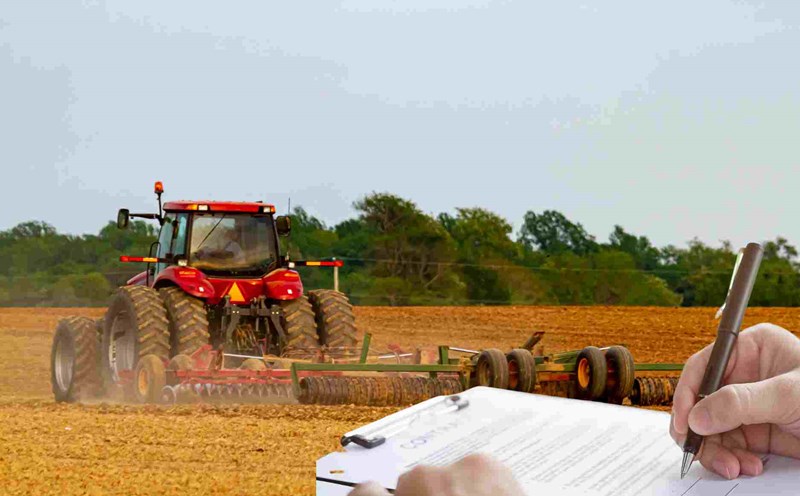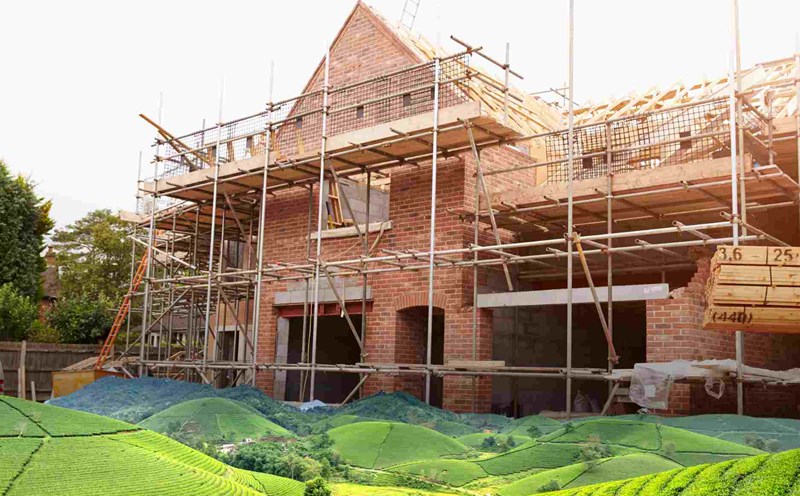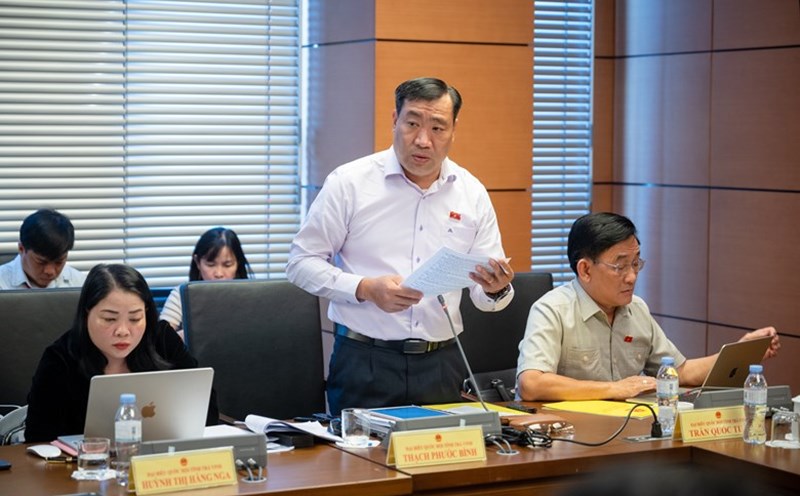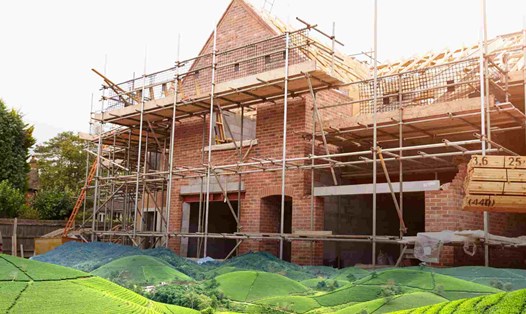What is agricultural land?
According to Article 9 of the 2024 Land Law, based on the purpose of use, land is divided into 3 groups: Agricultural land group; Non-agricultural land group; Unused land group.
Accordingly, the agricultural land group includes the following types of land: Land for growing annual crops, including rice land and land for growing other annual crops; land for growing perennial crops; forestry land, including special-use forest land, protective forest land, production forest land; aquaculture land; concentrated livestock land; salt-making land; other agricultural land.
What are the conditions for converting agricultural land to residential land?
Pursuant to Point b, Clause 1, Article 121 of the 2024 Land Law, land users who want to convert agricultural land to residential land must obtain permission from the People's Committee at the district level (district, urban district, town, provincial city, city under centrally-run city).
Although there is an application for land use purpose change, it is not always possible to change, because the District People's Committee only agrees to change when the district-level land use plan or general plan or zoning plan according to the provisions of the law on urban planning has been approved by the competent authority.
The basis for allowing land use purpose conversion is clearly stipulated in Clause 5, Article 166 of the 2024 Land Law as follows:
The basis for allowing the conversion of agricultural land use purposes in residential areas, agricultural land in the same plot of land with residential land to residential land or the conversion of non-agricultural land use purposes that are not residential land to residential land for households and individuals is the district-level land use planning or the general planning or the zoning planning according to the provisions of the law on urban planning approved by the competent authority.
Thus, households and individuals are only allowed to convert agricultural land to residential land if there is a decision "allowing change of land use purpose" from the People's Committee of the district where the land is located.
At the same time, Clause 1, Article 122 of the 2024 Land Law also clearly states the conditions for competent authorities to permit the change of land use purpose:
- Competent state agencies may only decide to allocate land, lease land, or permit the conversion of rice-growing land, special-use forest land, protective forest land, or production forest land to other purposes after having a Resolution of the Provincial People's Council and meeting the grounds specified in Article 116 of this Law.
Accordingly, the People's Committee at the district level is only allowed to decide on land allocation, land lease, and permission to change the purpose of using rice-growing land, special-use forest land, protective forest land, and production forest land to other purposes after having a Resolution of the People's Council at the provincial level and meeting the grounds prescribed in Article 116 of the 2024 Land Law.
Documents required when converting agricultural land to residential land
According to the 2024 Land Law, residential land is non-agricultural land. Therefore, according to Article 121 of the 2024 Land Law, when converting the purpose of using agricultural land to residential land, the land user must have permission from the competent state agency.
Accordingly, based on Clause 5, Article 44 of Decree 102/2024/ND-CP, households and individuals who need to convert agricultural land to residential land (or change land use purpose to residential land) need to prepare a set of documents including the following types of papers:
- Application for change of land use purpose according to Form No. 02c issued with Decree 102/2024/ND-CP.
- Documents proving land use rights or land allocation decisions, land lease decisions, decisions allowing change of land use purpose of competent state agencies according to regulations of land law over the periods.
Land users submit a set of documents requesting to change land use purpose to the One-Stop Department for settlement according to authority.











